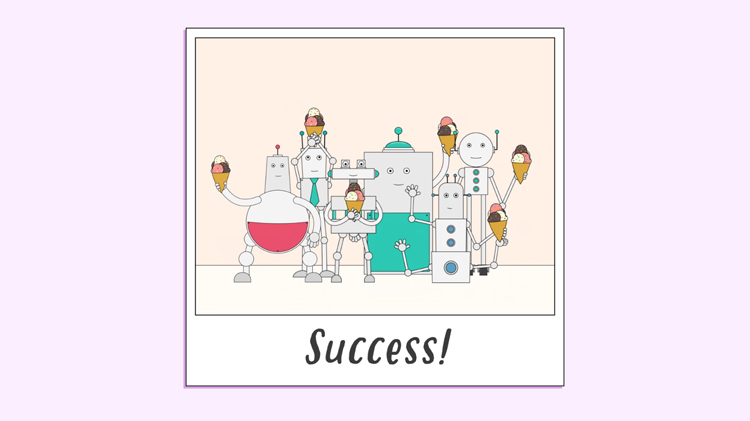Creativity -
How to Become a Better Collaborator

Creativity
How to Become a Better Collaborator


/en/creativity/what-is-art/content/
Collaboration happens more often than we realize. Whether it's for a work project, a creative endeavor, or an everyday problem, situations arise where it's required or we seek it out on our own.
Collaboration can be defined as working together with others to achieve a common goal. This may seem easy in theory but being an effective collaborator can sometimes be a challenge.
Watch the video below to learn how to improve your collaboration skills.
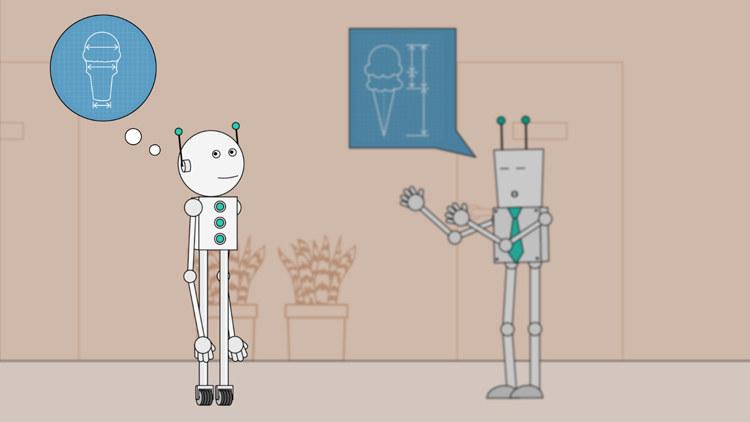
It's important to not let your ego take hold. When collaborating, it can be easy to get so wrapped up in your own ideas that you're not giving your full attention and consideration to everyone else's. If everyone in the room falls prey to this, there wouldn't really be any collaboration happening.
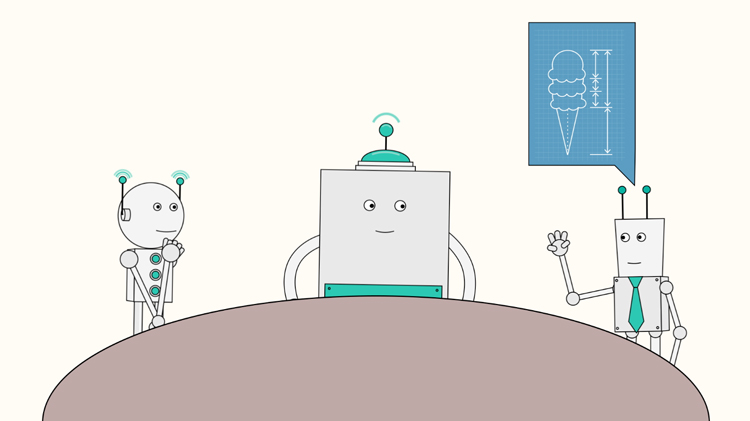
Take time to really listen and process the ideas of others. An important part of the collaborative process is everyone having the opportunity to share their ideas and be both heard and understood.
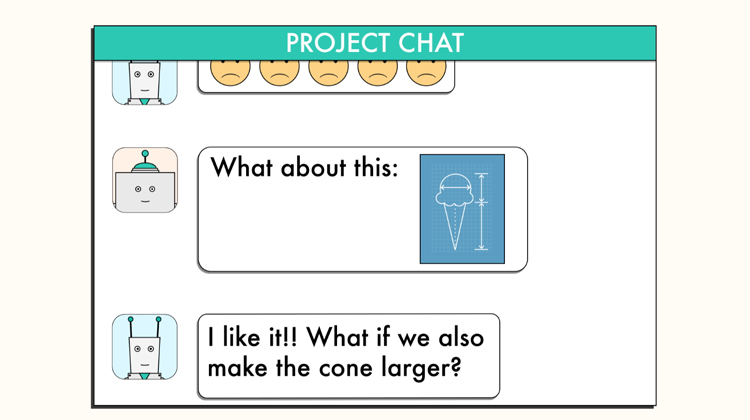
It's important that everyone is able to be candid when giving and receiving feedback. When you share your opinion and someone else disagrees with it, try not to take it personally.
If you do find yourself feeling offended, remind yourself that the goal of collaboration is to find an optimal solution or idea and not necessarily for your ideas to be right. On the flip side, you should also feel comfortable giving open and honest feedback to others so long as you're being polite about it.
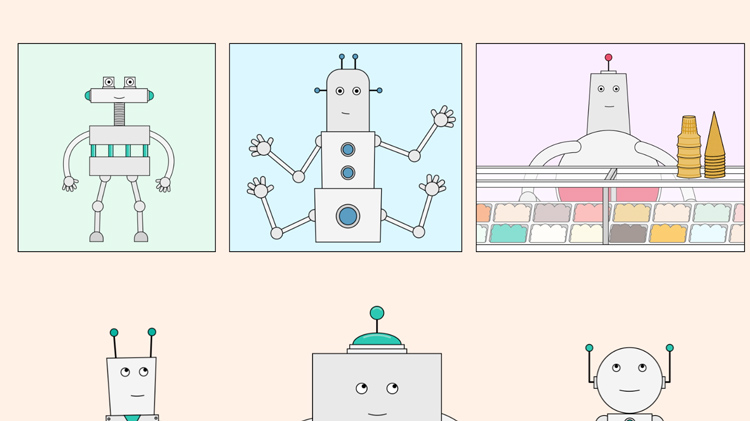
In some cases, it's helpful to seek out people outside of your field. This could be someone who works in a different position at your job, someone with a different background from you, or someone who's an expert in the topic you're seeking information about.
This can help to start more dynamic conversations and introduce new ideas you may not have come up with if you were working on your own or with a group of like-minded people.
Collaboration may not always be easy, but if you're able to apply some of these ideas, you may find the process and results to be productive and positive.
